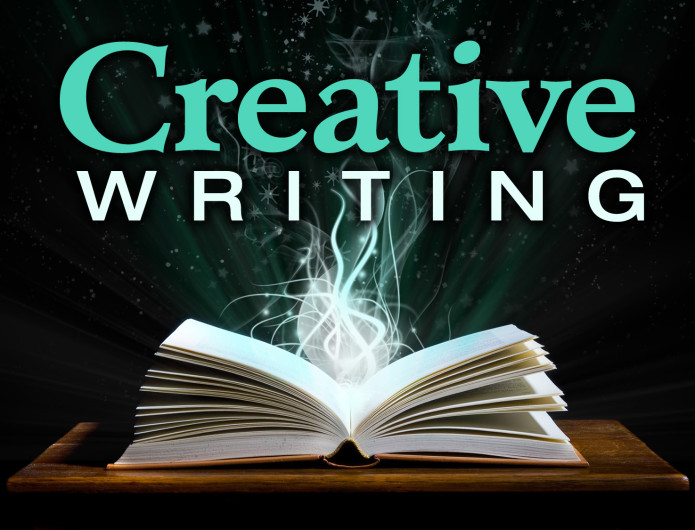To some, creative writing is a fun hobby that has little benefit, and can in fact serve as a time sink wherein nothing is accomplished other than words being spewed onto a page. To others, creative writing is a vital way of expressing oneself. It can be difficult to say which group is correct, but there are some definitive benefits to engaging in creative writing.
One of the first benefits is that it helps to develop creative problem solving skills. Creative writing is an exercise in solving problems, either for the characters within the story or for the author themselves. Characters within stories need to be navigated through a series of difficulties, and if the problems take place in the real world, then the solutions must also be real-world solutions. If the problem is a literal dragon that needs slaying, there’s somewhat less need for it to mimic a real-world solution, since that’s not typically a problem that we have. By navigating fictional characters through difficult times in their lives, either emotionally or financially, writers can learn how to handle those problems in the real world as well, without the stress of trying to figure it out when they’re already in the middle of the situation.
Another benefit of creative writing, particularly if the writer is involved in a formal class or writing group, is that it gives the writer experience in both taking and giving constructive criticism. The first time someone hears that there’s something wrong with their writing can be difficult, but over time, it does get easier. Trust me. I’ve had my fair share of critical remarks, and I’d like to think I’ve gotten better about responding to them. I no longer cry and throw things, so that’s a definite bonus. Taking criticism well is a vital skill, especially in the workplace, because employers often have feedback for their employees that might not necessarily be what the employee wants to hear. Giving criticism that is also constructive is another incredibly valuable skill. If someone believes they are just being torn down, they will not listen to a piece of criticism that might genuinely be designed to help. For this reason, it is important to understand that there are ways to provide tips for improvement without ripping someone’s work apart. Working in a workshop or a creative writing class will help improve these skills.
Creative writing helps to build vocabulary. Do you know how many types of swords there are? I don’t either, actually, but I know many of them. Do you know how many ways there are to say mean? Well, there’s mean, of course, but there are also words like malevolent and malicious and cruel, which all help to paint a more accurate picture of whatever it is that the writer is trying to portray. Once the writer knows these words, they aren’t likely to ever be forgotten. At the very least, the next time the writer is trying to describe someone as mean, they might remember that there are two other, more impressive sounding words that start with ‘m’ that might be used to describe said person.
Creative writing helps to improve outlining skills, which are vital for any kind of large project. Without an outline, creative writers might find themselves bogged down in details they didn’t intend to get lost in, or might lose track of vital plot threads that they’ll need to remember for later in this story. This is also true for any kind of large project, whether it be academic or professional. Presentations made without an outline in place can meander and get lost in themselves, making them difficult to understand or follow. For this reason, outlining is a good skill to pursue, and can be learned or improved upon through the use of creative writing.
One of the most subjective benefits to pursuing creative writing is the way that it can benefit the writer’s emotional well-being. I was skeptical about this one for a long time, because I love writing, but found it to be more stressful than anything else when I did indulge in writing. However, I have found that as I’ve adopted a regular writing schedule and have stuck to it, my mood has begun to improve greatly. I have had friends tell me that I’m happier now, and I do genuinely feel it. But I’m definitely willing to acknowledge that the same might not be true for other people
Creative writing is incredibly beneficial to burgeoning writers, and to students of all kinds. It requires effort, yes, but the more effort someone puts into it, the more likely they are to reap the benefits of it.
